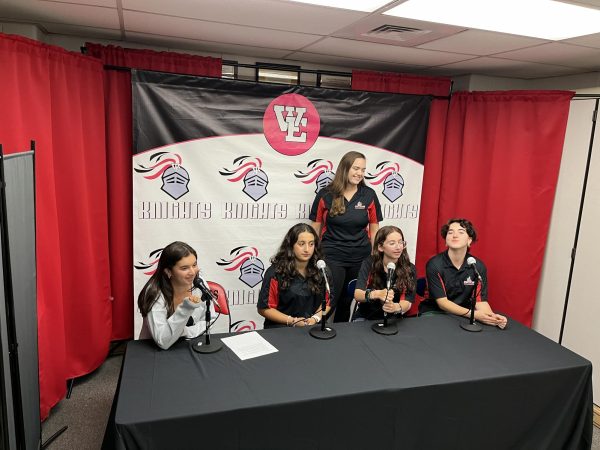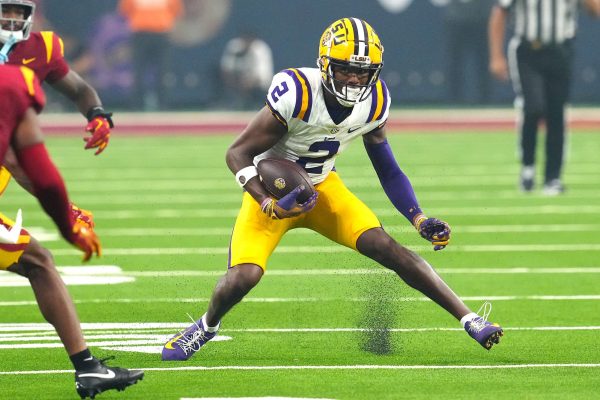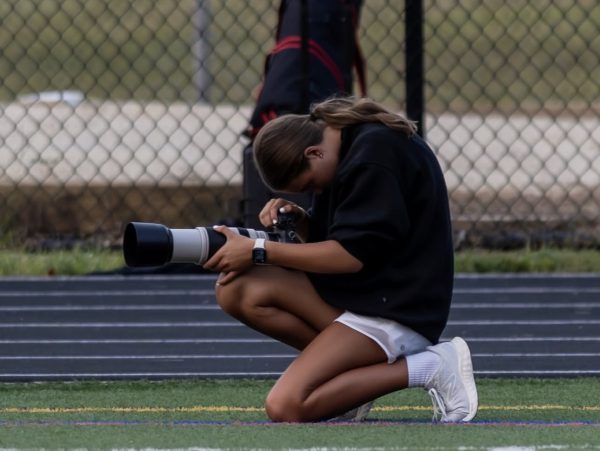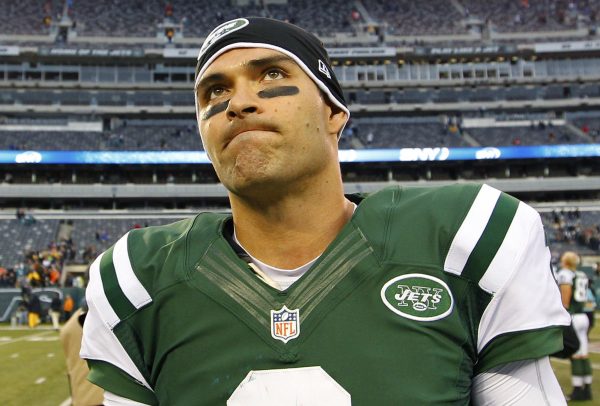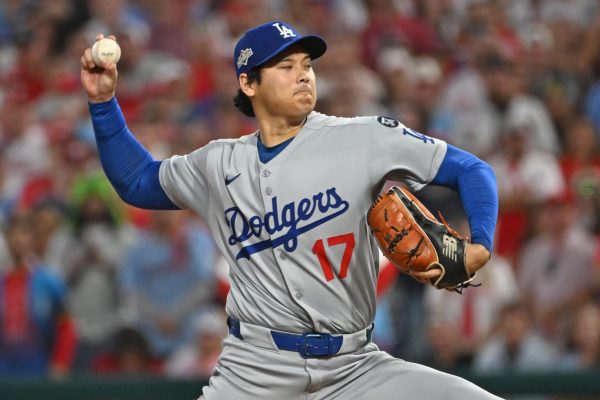The Astros make baseball history, winning their first title in five years
After an entertaining and historic six games of baseball, the Houston Astros were crowned World Series champions on Nov. 5. After being all tied up at 2 games a piece going into Game 5, the Astros clutch performance propelled them past the Phillies to win their first championship title since 2017.
During their four previous appearances in the World Series, the Astros record in Game 1 was 0-4. Despite tallying five early runs, that losing streak would continue for the Astros after an opposite field home run from catcher J.T. Realmuto in the 10th inning, giving the Phillies the victory in the opener.
The Astros would get right back to work in Game 2 with Jose Altuve, Jeremy Pena and Yordan Álvarez all hitting doubles to start off the bottom of the first inning. Phillies pitcher Zack Wheeler would continue to struggle, and an Alex Bregman home run in the 5th inning effectively ended his night. Framber Valdez and the Astros pitching staff locked down the Phillies bats, to knot the series at 1-1.
After Halloween baseball was postponed, Game 3 in Philadelphia was moved to Nov. 1, just a day over 13 years since the last time a World Series game was played at Citizens Bank Park. The Phillies bats showed up against Lance McCullers Jr, as he was taken out of the game after allowing 5 home runs and 7 earned runs. The Phillies dominant pitching performance, led by five strong innings from starter Ranger Suarez, propelled them to a 7-0 shutout at home.
This is where a huge momentum shift took place in the series; Dusty Baker’s squad embraced the challenge after being down 2-1. The day after the shutout, the Astros threw a combined no-hitter in Citizens Bank Park. Astros pitcher Christian Javier was untouchable in his 6 innings of work, accumulating 9 strikeouts through the 20 batters he faced. Following him were the dominant arms of Bryan Abreu, Rafael Montero and Ryan Pressly, who combined only allowed one batter reach base. This was the second no-hitter ever thrown in World Series history, the last being a perfect game thrown by Yankees pitcher Don Larsen in the 1956 World Series.
In the first inning of Game 5, Astros shortstop Jeremy Pena hit an RBI single to open the scoring early, which Phillies outfielder Kyle Schwarber would respond to with his own home run. Scoring would be scarce the rest of the way with little difference until Pena’s lead-off home run in the 4th inning. The Astros would come out on top 3-2; the finish line was near.
The series moved back to Houston for Game 6, where a classic pitching duel took place between Wheeler and Valdez. Both pitchers left opposing offenses scoreless until the 6th inning, where Schwarber broke the 0-0 tie. The Phillies now lead 1-0. The Astros had an answer in the bottom of the inning with Alvarez’s 450-foot home run, giving them a 3-1 lead. The Astros tacked on another run, and the pitching continued to dominate even after Javier was taken out. Down to their last out, Phillies outfielder Nick Castellanos hit a pop up into foul territory.This was caught by Astros outfielder Kyle Tucker, securing the World Series Championship for the Astros.
Astros rookie shortstop Jeremy Pena won World Series MVP, making him the first position-player to ever win the award. He met almost impossible expectations, filling the role of star shortstop Carlos Correa in free agency at the beginning of the season. He lived up to them and more, raking off of the Phillies pitching and playing golden defense to drive the Astros to their victory.
Just five years ago, the Astros seemed destined to be the next baseball dynasty, after winning the 2017 World Series. After years of not quite getting over the hump and a controversial cheating scandal that occurred during the 2017 season, the Astros once again finished on top of the baseball world.
Photo Credit: “Houston Astros Stadium” by Drew Tarvin is licensed under (CC BY 2.0)

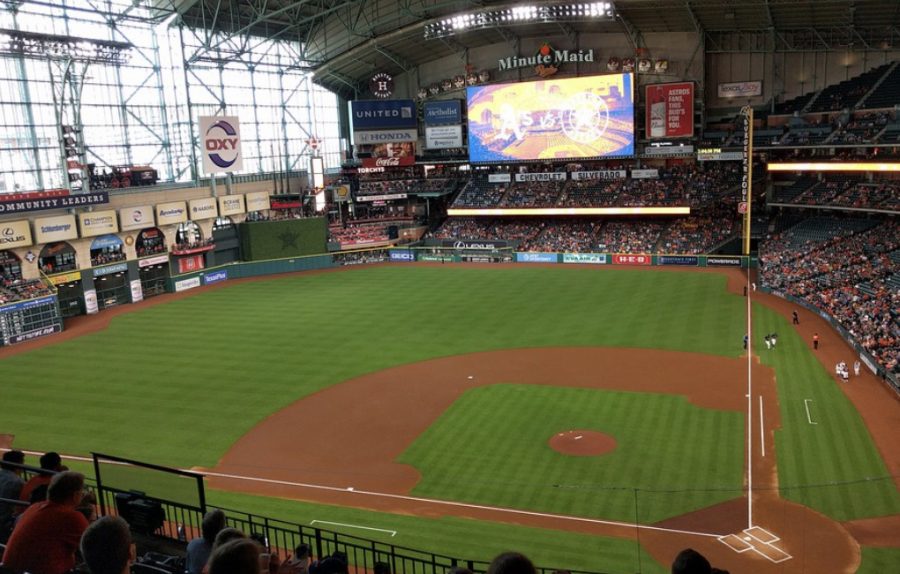
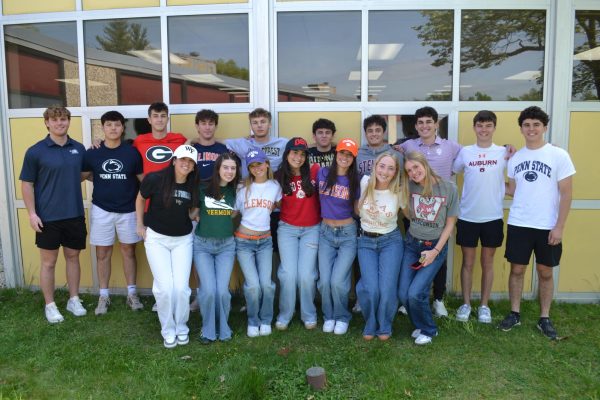
![[VIDEO] School Spotlight for Spring 2025](https://thewessexwire.com/wp-content/uploads/2020/03/westessex-475x356.jpg)
![[VIDEO] Varsity Media Day: Winter 2025](https://thewessexwire.com/wp-content/uploads/2025/02/vmd-25winter-600x450.jpg)
